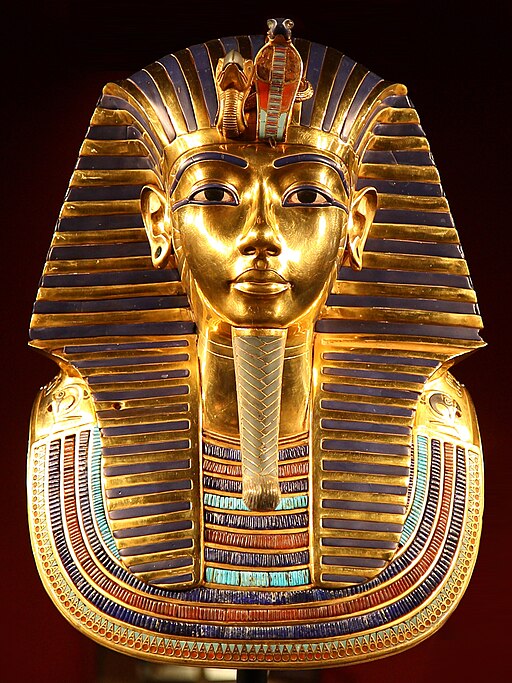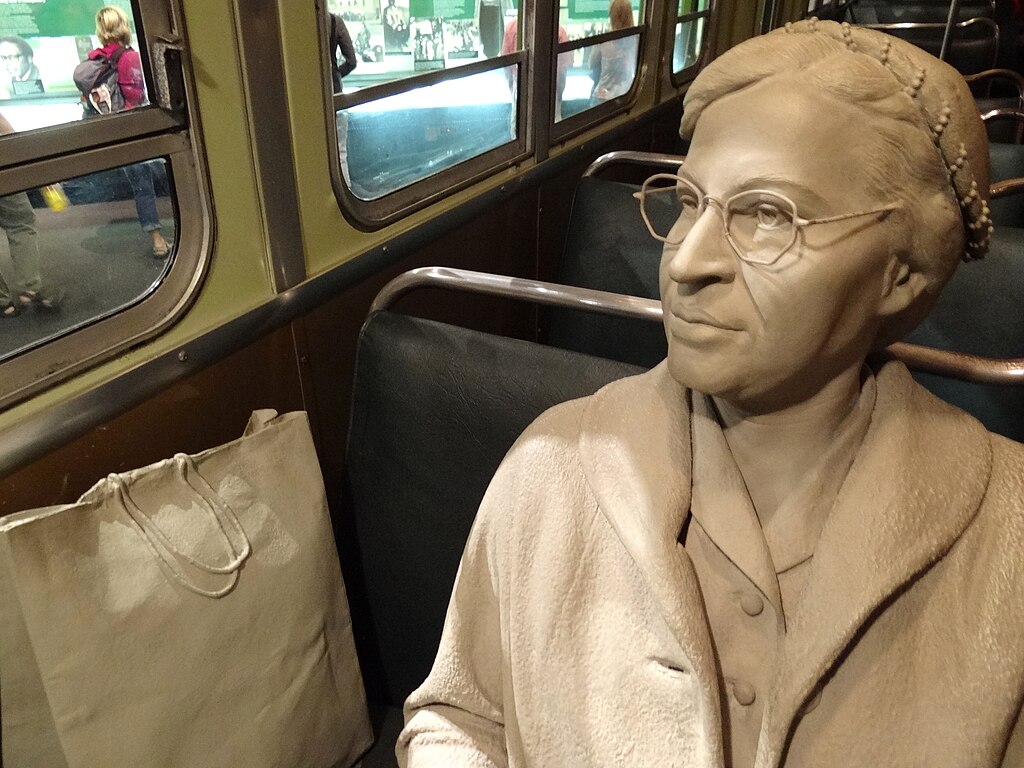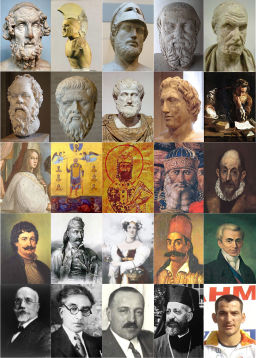
Natural History Museum, London exhibits a vast range of life and earth science specimens. Its collection has over 80 million items within five main collections: botany, entomology, mineralogy, paleontology, and zoology.
Many of the collections have great historical as well as scientific value, such as specimens collected by Charles Darwin. The museum is particularly famous for its exhibition of dinosaur skeletons and ornate architecture.
The Natural History Museum of London is particularly famous for its exhibition of skeletons and ornate architecture. It has been called a cathedral of nature, with the skeleton of a blue whale hanging from the ceiling of the vaulted central hall.
The Natural History Museum Library has an extensive collection of books, journals, manuscripts, and artwork linked to the work and research of the scientific departments. The Natural History Museum of London does not charge an admission fee.
A Virtual Tour of the Natural History Museum, London
- Blue Whale
- Captain Robert Scott’s Emperor Penguin Egg
- Joseph Banks’ Herbarium Sheet from Cook’s First Voyage to Australia
- Gogotte
- Great Handaxe from Furze Platt
- Iguanodon Teeth
- Stegosaurus Stenops
- Dodo
Highlights of the Natural History Museum, London
Stegosaurus Stenops
This Stegosaurus Stenops is the most complete skeleton ever found and represents a giant, slow-moving plant-eater, which defended itself from predators like with its powerful spiked tail.
The bony plates along its back were embedded in the skin and not attached to its skeleton. Stegosaurus had a small head, and its brain was around the size of a baby’s hand.
Dodo
This Dodo is a model reconstruction of a life-size Dodo from skeletal remains. The dodo is an extinct flightless bird that existed only on the island of Mauritius.
The dodo was about 1 meter (3 ft 3 in) tall and may have weighed 10.6–17.5 kg (23–39 lb) in the wild. The dodo’s appearance in life is evidenced only by drawings, paintings, and written accounts from the 17th century.
However, these vary considerably, and because only some illustrations are known to have been drawn from live specimens, its exact appearance in life remains unresolved.
Blue Whale
This skeleton of a Blue Whale represents the largest animal known to have ever existed and yet one that feeds on only the smallest animals. Its diet consists almost exclusively of small crustaceans known as krill.
This female Blue Whale skeleton has been named Hope by the museum as a symbol of humanity’s power to shape a sustainable future. It is one of the first species that humans decided to save on a global scale.
Consisting of 221 bones, it is hung in the exact diving lunge feeding position.
Captain Robert Scott’s Emperor Penguin Egg
This Emperor penguin egg was collected on Captain Robert Falcon Scott’s last expedition to the Antarctic, 1911. This egg is one of three fresh eggs collected by Scott’s ill-fated expedition to Antarctica.
It was hoped that the embryo inside could be used to test the theory that studying emperor penguin embryos would show an evolutionary link between birds and reptiles.
Joseph Banks’ Herbarium Sheet from Cook’s First Voyage to Australia
This sample of Joseph Banks’ Herbarium Sheet is from Cook’s First Voyage to Australia. Banks was appointed to a joint James Cook’s scientific expedition to the south Pacific Ocean on HMS Endeavour, 1768–1771.
It was the first of Cook’s voyages of discovery in that region. Banks funded seven others to join him, two naturalists, two artists, a scientific secretary, and two black servants from his estate.
Gogotte
This Gogotte was found in the Paris Basin France, where some of the most beautiful naturally occurring sculptures are located.
A rare and intriguing example, it dates from the Oligocene Period and is 28 – 33 million years old. It is produced when superheated water extruded through crevices into a basin of extremely fine white silicate sand.
The silica then cemented the sand together to form the Gogotte’s fluid lines, which created natural sculptures.
Great Handaxe from Furze Platt
This large handaxe was produced by the Acheulian culture of 400,000 years ago, during the Lower Palaeolithic period. It was found in Furze Platt, Berkshire, Britain, in 1919.
It is one of the largest Handaxes ever found in Europe and considered too bulky to be useful, and therefore believed to have been a Neanderthal status symbol.
Iguanodon Teeth
These first Iguanodon Teeth ever found, triggered the discovery of dinosaurs. Mary Mantell found the teeth in 1822 as she pulled at rock fragments by the side of the road in Sussex.
Her husband Gideon, an amateur paleontologist, noticed they were similar to modern iguana teeth but ten times larger. He suggested they belonged to a colossal ancient herbivorous lizard named Iguanodon.
Natural History Museum, London
- Museum: Natural History Museum, London
- City: London
- Established: 1881
- Type: Natural History Museum
- Location: Kensington & Chelsea, London, United Kingdom
A Tour of Natural History Museums
- Natural History Museum, London
- American Museum of Natural History, New York
- National Museum of Natural History, Washington, D.C.
- Shanghai Natural History Museum
- National Museum of Nature and Science, Tokyo
A Tour of Science and Technology Museums
- Science Museum, London
- Queensland Museum & Science Centre
- National Museum of Nature and Science, Tokyo
- ArtScience Museum, Singapore
- Shanghai Science and Technology Museum
- Great Lakes Science Center, Cleveland
- Intrepid, Sea, Air & Space Museum, New York
- National Air and Space Museum, Washington DC
- National Museum of Nature and Science, Tokyo
A Tour of Maritime Museums
- Australian National Maritime Museum
- New Zealand Maritime Museum
- Queensland Maritime Museum
- WA Maritime Museum
- WA Shipwrecks Museum
- Intrepid, Sea, Air & Space Museum, New York
- USS Cod
A Tour of London’s Museums and Heritage Sites
- The British Museum
- The National Gallery, London
- Tate Britain
- The Wallace Collection
- The Victoria and Albert Museum
- Queen’s Gallery, Buckingham Palace
- Courtauld Gallery
- Tate Modern, London
- Science Museum, London
- National Portrait Gallery, London
- Natural History Museum
- Charles Dickens Museum
- Hampton Court Palace
- Sherlock Holmes Museum
- British Library
- Imperial War Museum
Map for the Natural History Museum, London
World Most Impressive Natural History Museum, London
Natural History Museum, London | Walkthrough Tour
NATURAL HISTORY MUSEUM LONDON
~~~
“Science is the great antidote to the poison of enthusiasm and superstition.”
– Adam Smith
~~~
Photo Credit: JOM
Popular this Week








 Sponsor your Favorite Page
Sponsor your Favorite Page SEARCH Search for: Search Follow UsJoin – The JOM Membership Program
Sponsor a Masterpiece with YOUR NAME CHOICE for $5
Share this:
- Tweet
